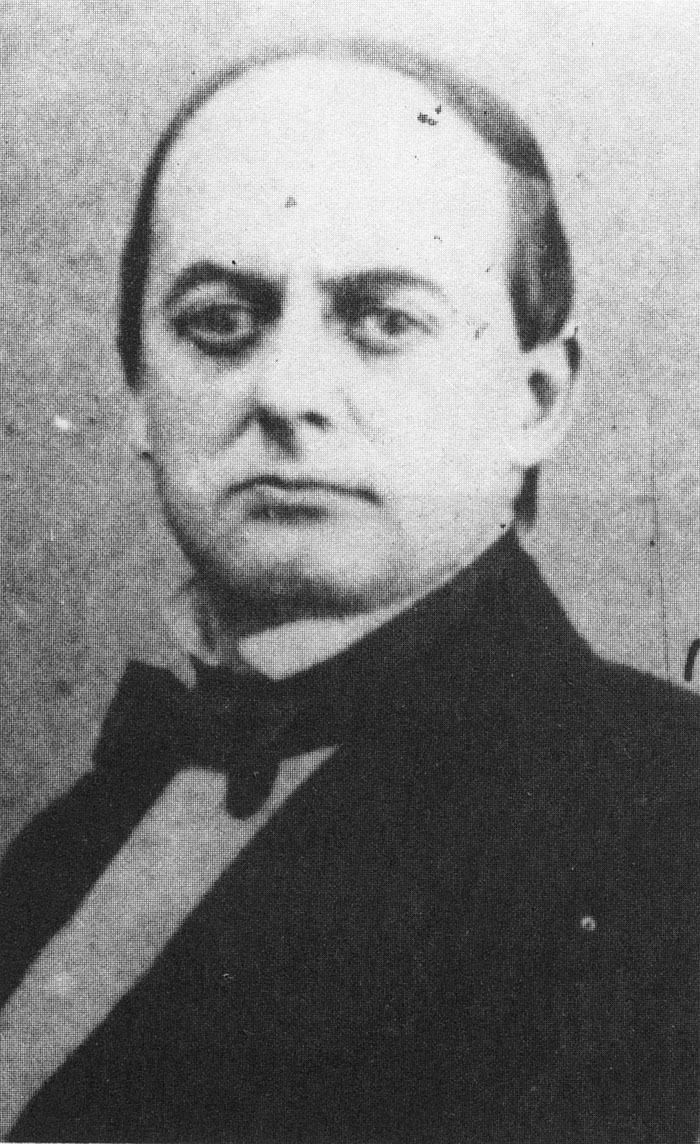Act Of September 25, 1874 on:
[Wikipedia]
[Google]
[Amazon]
 The Act of September 25, 1874 elevated to constitutional status the
The Act of September 25, 1874 elevated to constitutional status the
 The Act of September 25, 1874 elevated to constitutional status the
The Act of September 25, 1874 elevated to constitutional status the Reform Laws
In the history of Mexico, (from Spanish: "The Reform"), or reform laws, refers to a pivotal set of laws, including a new constitution, that were enacted in the Second Federal Republic of Mexico during the 1850s after the Plan of Ayutla o ...
at the insistence of President Sebastián Lerdo de Tejada
Sebastián Lerdo de Tejada y Corral (; 24 April 1823 – 21 April 1889) was a Mexican liberal politician and jurist who served as the 31st president of Mexico from 1872 to 1876.
A successor to Benito Juárez, who died in office in July 1872, ...
. The laws had been enacted through a decree on September 25, 1873, a series of additions and amendments to the Mexican Constitution of 1857
The Political Constitution of the Mexican Republic of 1857 (), often called simply the Constitution of 1857, was the Liberalism in Mexico, liberal constitution promulgated in 1857 by Constituent Congress of Mexico during the presidency of Ignacio ...
, mandating the separation of church and state.
Through this law the reform process that secularized two acts previously faced the church and marriage oath and consolidated as civil actions where the State was the guarantor of compliance was completed.
Background
The liberal reforms were led by PresidentBenito Juárez
Benito Pablo Juárez García (; 21 March 1806 – 18 July 1872) was a Mexican politician, military commander, and lawyer who served as the 26th president of Mexico from 1858 until his death in office in 1872. A Zapotec peoples, Zapotec, he w ...
. These led to the conflict between conservatives and liberalesque detonated in the Reform War
The Reform War (17 December 185711 January 1861) or War of Reform (), also known as the Three Years' War (), and the Mexican Civil War, was a complex civil conflict in Mexico fought between Mexican liberals and conservatives with regional var ...
. Shortly after the outbreak of the French intervention in Mexico, which is a continuation of the same conflict.
Content of the law
The articles that make up this law are: 1. The State and the Church are independent of each other. The Congress can not enact laws, establishing or prohibiting any religion. 2. Marriage is a civil contract. This and other acts of the civil status of persons are the exclusive competence of officials and authorities of civil order, under the terms provided by law, and will have the force and validity that they attribute to them. 3. No religious institution can acquire real property or capital taxes on them, with the sole exception established in Article 27 of the Constitution. 4. The simple promise to speak truth and to fulfill the obligations that are contracted, will replace the religious oath with its effects and penalties 5. No one can be forced to give personal works without the right retribution and without their full consent. The State can not allow any contract, covenant or agreement that has as its object the impairment, loss or irrevocable sacrifice of the freedom of man, whether due to work, education or religious vote, to be carried out. The law consequently does not recognize monastic Orders, nor can it allow its establishment, whatever the denomination or object with which they wish to be erected. Nor can it be accepted that a man agrees to his banishment or exile.Reactions to the Act of September 25, 1874
The subject specialist Dr. Marta Eugenia Garcia Ugarte notes that the content of the law is "the establishment of marriage as a civil contract, the ban on religious institutions to acquire real estate or capital taxes on them, and replacement of religious oath for the simple promise to tell the truth and fulfill the obligations. " When they rose to constitutional rank the Reform Laws a long process that transformed the church-state relations closed. The response of the church through the Archbishop of Mexico,Pelagio Antonio de Labastida y Dávalos
Pelagio Antonio de Labastida y Dávalos (March 21, 1816, Zamora, Michoacán — February 4, 1891, Oacalco, Morelos) was a Mexican Roman Catholic prelate, lawyer and doctor of canon law, and politician. He was a member of the imperial regency ...
, followed the Catholic faithful not to swear laws, and even promoted the ignorance of the 1857 Constitution.
See also
*Separation of church and state in the United States
"Separation of church and state" is a metaphor paraphrased from Thomas Jefferson and used by others in discussions of the Establishment Clause and Free Exercise Clause of the First Amendment to the United States Constitution, which reads: "Congres ...
* Marriage law
Marriage law is the body of legal specifications and requirements and other laws that regulate the initiation, continuation, and validity of marriages, an aspect of family law, that determine the validity of a marriage, and which vary consider ...
References
{{Reflist Marriage law 1874 in Mexico Separation of church and state Marriage, unions and partnerships in Mexico